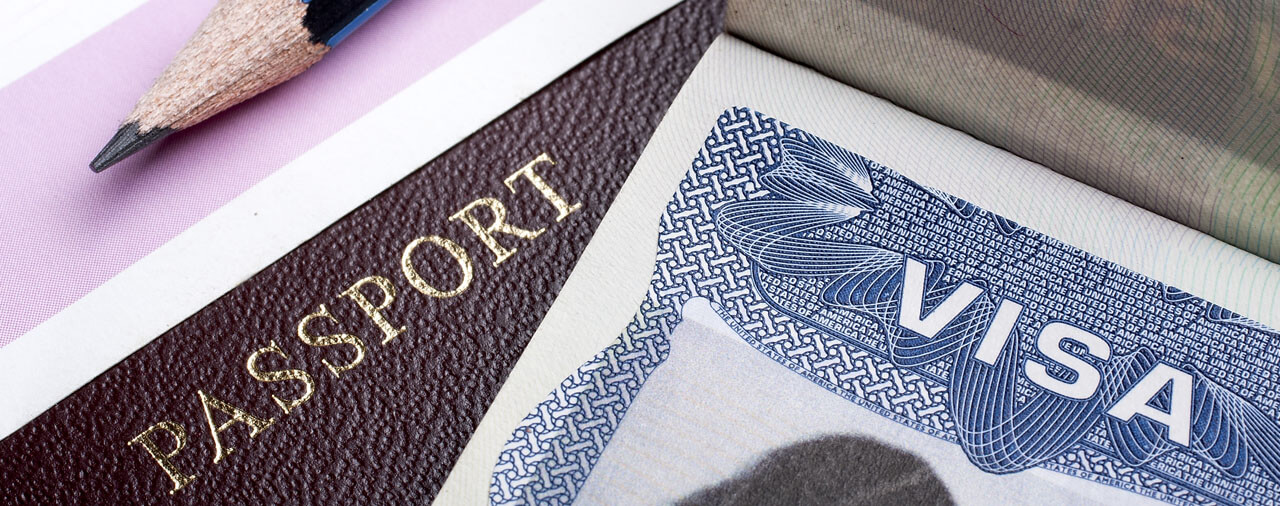Update
Oct. 7, 2020 Update: On October 1, 2020, the United States District Court for the Northern District of California entered a preliminary injunction [link] against the Government’s enforcement of President Donald Trump’s Executive Order suspending the issuance of certain new H1B, L, and J visas discussed in this article. The injunction is limited in scope to the parties that brought the suit. Any petitioner unsure about how or whether the injunction affects his or her case should consult with an experienced immigration attorney for a case-specific consultation. We will update the website with more information as it becomes available.
Introduction
On June 22, 2020, President Donald Trump issued a Presidential Proclamation titled “Proclamation Suspending Entry of Aliens Who Present a Risk to the U.S. Labor Market Following the Coronavirus Outbreak” [PDF version].
The Proclamation renews President Trump’s suspension of the entry on many new immigrant visas through December 31, 2020. We discussed that suspension in an earlier article [see article]. The instant Proclamation extends the suspension to several nonimmigrant visa categories — H-1B, H-2B, H-4, J, and L nonimmigrants, also through December 31, 2020. Below, we will examine the nonimmigrant visa categories affected by the new Proclamation.
New Nonimmigrant Restrictions
Under section 2 of the Proclamation, the entry of aliens into the United States using the following visas is suspended, subject to exceptions we will discuss below:
H1B or H2B visas, and any alien accompanying or following to join a principal H1B or H2B;
A J visa, if the alien is participating as an intern, trainee, teacher, camp counselor, au pair, or summer work travel program, and any alien accompanying or following to join such alien; and
An L visa, and any alien accompanying or following to join such alien.
However, the suspensions and limitations only apply to an alien who:
Is outside the United States on the effective date of the proclamation (June 24, 2020);
Does not have a nonimmigrant visa that is valid on the effective date of this proclamation; and
Does not have an official travel document other than a visa (such as a transportation letter, an appropriate boarding foil, or an advance parole document) that is valid on the effective date of this proclamation or issued on any date thereafter that permits him or her to travel to the United States and seek entry or admission.
The restrictions categorically do not apply to the following classes of individuals:
Any lawful permanent resident of the United States;
Any alien who is the spouse or child, as defined in INA 101(b)(1), of a United States Citizen;
Any alien seeking to enter the United States to provide temporary labor or services essential to the United States food supply chain; and
Any alien whose entry would be in the national interest as determined by the Secretary of State, the Secretary of Homeland Security, or their respective designees.
In short, the visa restrictions apply to people who do not already have visas and travel authorization effective June 24, 2020. It further only applies to people outside the United States on June 24, 2020.
Aliens who are immediate relatives of U.S. citizens are not affected by the restrictions. Furthermore, an alien who is deemed to be coming to provide essential labor or services to the U.S. food supply chain is exempt — an exception that will cover certain H2B cases.
The final general exception is less clearly defined. President Trump directed relevant departments to establish standards to define categories of exempt aliens from the entry restrictions. President Trump’s directive reads as follows:
The Secretary of State, the Secretary of Labor, and the Secretary of Homeland Security shall establish standards to define categories of aliens covered by section 3(b)(iv) of this proclamation, including those that: are critical to the defense, law enforcement, diplomacy, or national security of the United States; are involved with the provision of medical care to individuals who have contracted COVID-19 and are currently hospitalized; are involved with the provision of medical research at United States facilities to help the United States combat COVID-19; or are necessary to facilitate the immediate and continued economic recovery of the United States. The Secretary of State and the Secretary of Homeland Security shall exercise the authority under section 3(b)(iv) of this proclamation and section 2(b)(iv) of Proclamation 10014 to exempt alien children who would as a result of the suspension in section 2 of this proclamation or the suspension in section 1 of Proclamation 10014 age out of eligibility for a visa.
The proclamation contemplates that aliens coming for reasons related to defense, law enforcement, diplomacy, national security, medical care for individuals suffering from novel coronavirus infections (COVID-19), medical research, or whose entry would benefit the economic recovery of the United States will be eligible for special exemptions from the entry restrictions. Children of exempted aliens would also be exempt.
Additional Provisions Affecting Currently Admitted Aliens
The instant proclamation does not restrict aliens who are already admitted in one of the covered categories. However, the President instructed the Secretary of Labor, in consultation with the Secretary of Homeland Security, to consider promulgating regulations and taking other appropriate action to ensure that aliens who have already been admitted or provided with EB2 or EB3 immigrant status or H-1B nonimmigrant status are not disadvantaging U.S. workers. The President gave similar directions to the Secretary of Homeland Security.
Reasoning and Legal Background
President Trump’s stated justification for the proclamation is to protect American jobs in light of high unemployment numbers. The primary statutory authority for the restrictions is section 212(f) of the INA, which allows the president to restrict the entry of aliens upon finding in a proclamation that the entry of such aliens into the United States is contrary to the national interest.





